In the dynamic landscape of logistics and transportation, the precision in selecting the right road tanker dimensions is paramount for operational efficiency and regulatory compliance. At CarMax Trailer, we understand the intricate balance between capacity, maneuverability, and adherence to legal standards. This comprehensive guide delves into the multifaceted aspects of road tanker dimensions, providing valuable insights to aid manufacturers, fleet managers, and logistics professionals in making informed decisions.
Understanding Road Tankers: An Overview
Road tankers are specialized semi-trailers designed to transport liquid or gaseous commodities. Their design and dimensions vary significantly based on the type of cargo, delivery requirements, and regulatory constraints.
Types of Road Tankers
- Chemical Tankers: Engineered for transporting hazardous chemicals, these tankers incorporate safety features like double walls and inert gas blanketing.
- Food-Grade Tankers: Constructed with stainless steel interiors to prevent contamination, they are ideal for transporting edible liquids.
- Fuel Tankers: Designed for high-volume fuel transportation, these tankers emphasize durability and safety to handle volatile substances.
- Cryogenic Tankers: Built to transport liquefied gases at extremely low temperatures, requiring specialized insulation and materials.
Each type demands specific dimensions to optimize cargo capacity while ensuring safe handling and compliance with industry standards.

Standard Road Tanker Dimensions
The dimensions of road tankers are influenced by various factors, including capacity, type of cargo, and regional regulations. Understanding these dimensions is crucial for maximizing efficiency and ensuring smooth transportation operations.
Key Dimensional Parameters
| Dimension | Standard Range | Considerations |
|---|---|---|
| Length | 12 to 16 meters | Influences cargo capacity and maneuverability |
| Width | 2.5 to 2.6 meters | Adheres to road width regulations |
| Height | 3.5 to 4 meters | Must comply with overpass and bridge clearances |
| Capacity | 20,000 to 40,000 liters | Depending on tanker type and use case |
| Empty Weight | 10 to 15 tons | Varies with material and build |
| Gross Vehicle Weight (GVW) | Up to 40 tons | Includes payload and vehicle weight |
Capacity and Volume Considerations
The capacity of a road tanker is a critical dimension that directly impacts the number of trips required and overall transportation costs. Larger tankers can transport more cargo but may face restrictions on specific routes due to size constraints.
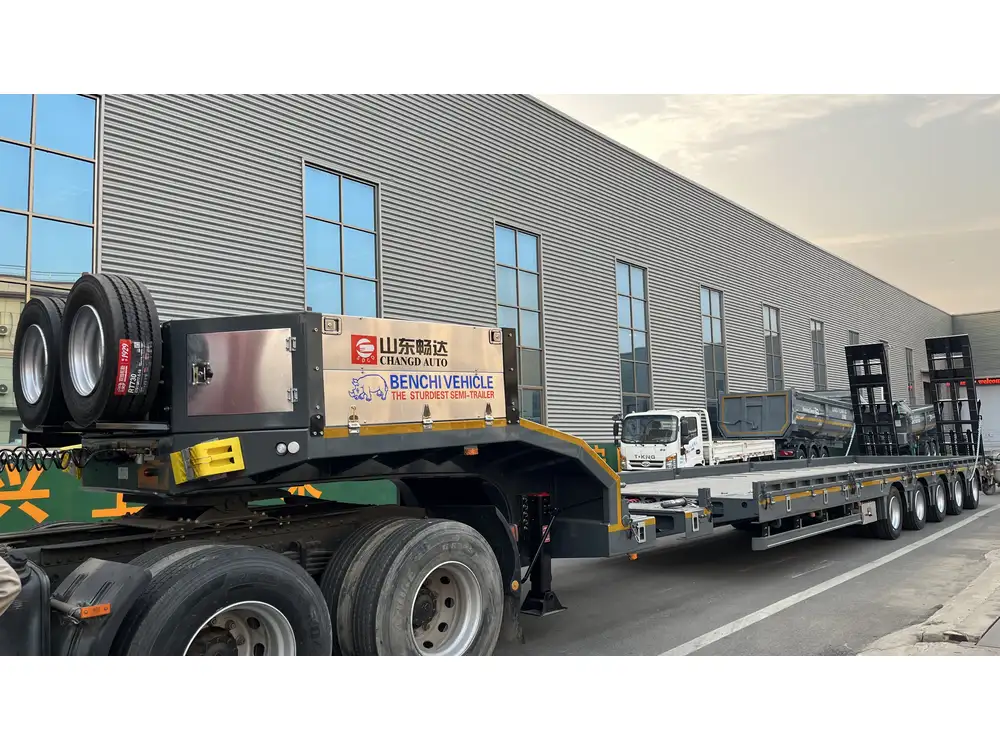
Regulatory Standards for Road Tanker Dimensions
Compliance with regulatory standards is non-negotiable in the transportation industry. Various national and international bodies set guidelines to ensure safety and minimize environmental impact.
National Regulations
In many countries, road tanker dimensions are subject to national standards that dictate maximum allowable lengths, widths, and weights. For instance, in the United States, the Federal Motor Carrier Safety Administration (FMCSA) governs these parameters to maintain road safety.
International Standards
For cross-border transportation, international standards such as those set by the European Union (EU) and the International Organization for Standardization (ISO) come into play. These standards ensure uniformity and facilitate seamless logistics operations across different jurisdictions.

Compliance Tips
- Stay Updated: Regularly consult local transport authorities for the latest regulations.
- Tailor Dimensions: Customize tanker dimensions to meet specific regional requirements.
- Documentation: Maintain accurate records of tanker specifications and compliance certifications.
Customizing Road Tankers for Specific Needs
Customization is key to optimizing road tanker performance for unique operational demands. CarMax Trailer offers tailored solutions to meet diverse transportation requirements.
Adjustable Dimensions
Flexible design options allow adjustments in tanker length, width, and height to suit specific cargo needs and route constraints. This adaptability ensures optimal utilization of space without compromising on safety.

Material Choices
Selecting the appropriate materials impacts the durability and weight of the tanker. Options include:
- Stainless Steel: Ideal for food-grade and chemical tankers due to its corrosion resistance.
- Aluminum: Lightweight and suitable for cryogenic applications.
- Carbon Steel: Offers robustness for fuel transport.
Specialized Features
Incorporating advanced features enhances functionality and safety:
- Insulation Systems: Critical for cryogenic tankers to maintain low temperatures.
- Pump Systems: Efficient pump mechanisms facilitate smooth loading and unloading.
- Safety Devices: Include emergency shut-off valves and spill containment systems.
Comparison of CarMax Trailer Road Tankers
CarMax Trailer stands out in the market by offering a diverse range of road tankers, each engineered to meet specific dimensional and performance criteria.
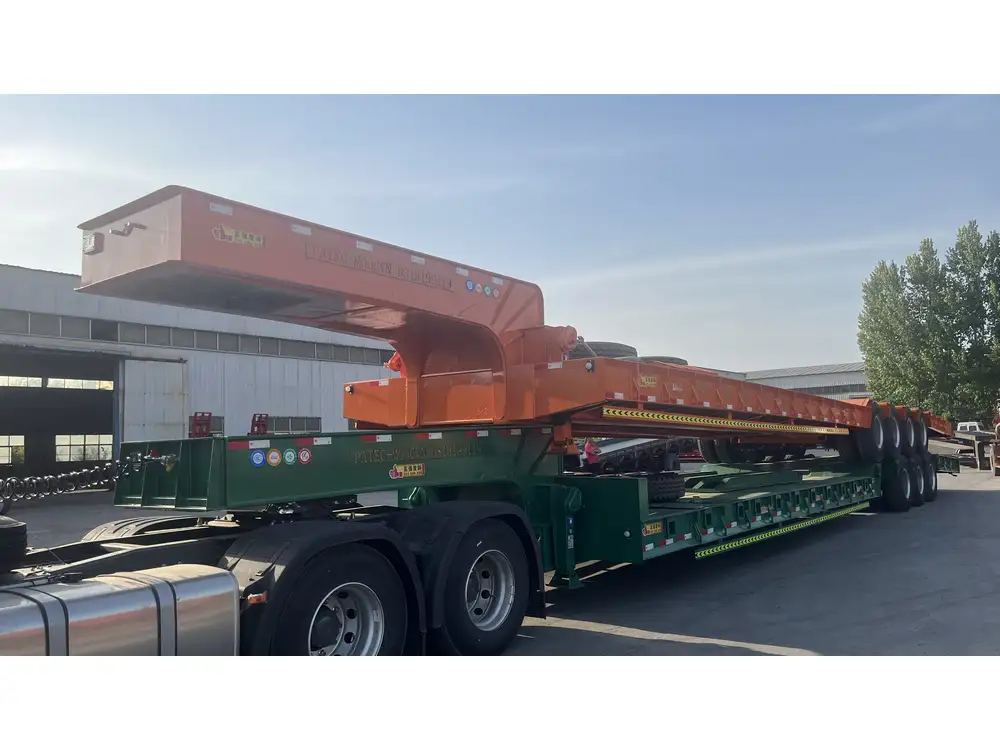
Models and Specifications
| Model | Length (m) | Width (m) | Height (m) | Capacity (liters) | GVW (tons) | Key Features |
|---|---|---|---|---|---|---|
| BT-200 | 12 | 2.5 | 3.5 | 20,000 | 25 | Basic chemical transport, double walls |
| BT-300 | 14 | 2.6 | 3.8 | 30,000 | 35 | Enhanced safety features, insulated |
| BT-400 | 16 | 2.6 | 4.0 | 40,000 | 40 | Advanced pump systems, smart monitoring |
Performance Metrics
- BT-200: Optimized for short-haul chemical transportation with robust safety features.
- BT-300: Suitable for medium-haul routes, balancing capacity and maneuverability.
- BT-400: Designed for long-haul operations, offering maximum capacity and advanced technological integrations.
Advantages Over Competitors
- Customization: Extensive customization options to meet varied operational needs.
- Quality Assurance: Rigorous testing and quality control ensure reliability and longevity.
- Innovative Design: Incorporation of the latest technological advancements for enhanced performance.

Choosing the Right Road Tanker Dimensions for Your Business
Selecting the appropriate tanker dimensions is a strategic decision that impacts operational efficiency, cost-effectiveness, and compliance.
Assessing Your Needs
Begin by evaluating:
- Type of Cargo: Different liquids require different tanker specifications.
- Route Characteristics: Consider road types, bridge heights, and weight restrictions.
- Operational Scale: Determine the volume of cargo to optimize tanker capacity.
Balancing Capacity and Restrictions
Maximize cargo capacity without exceeding dimensional and weight limits. This balance ensures efficient logistics while avoiding fines or operational disruptions.
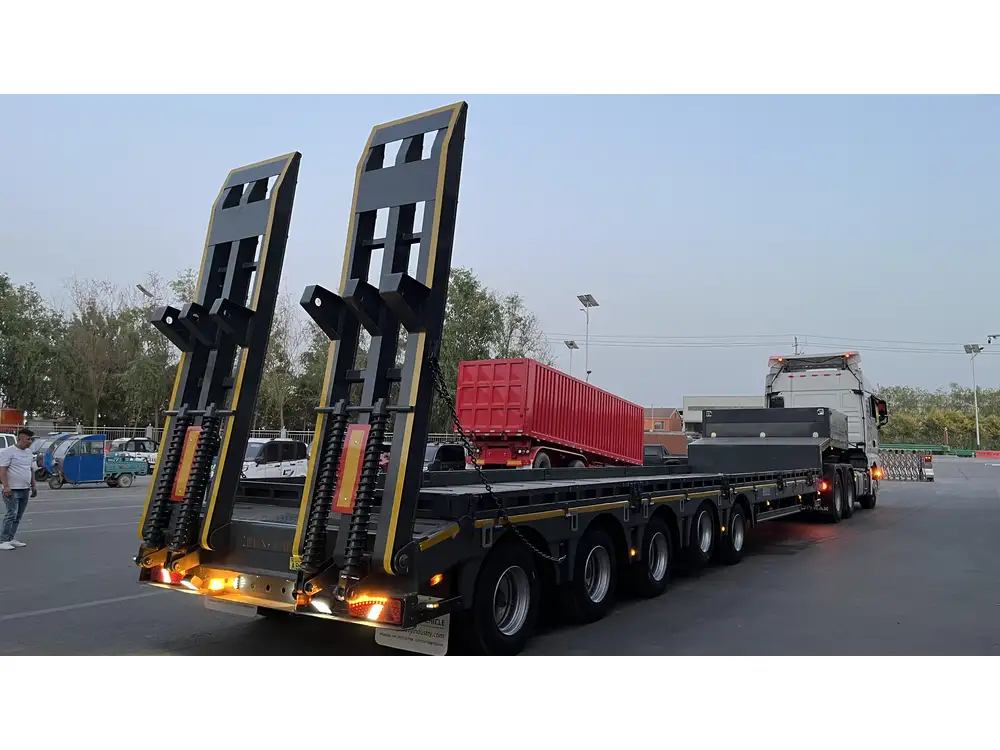
Cost Implications
Larger tankers may offer better economies of scale but involve higher initial costs and potential maintenance expenses. Assess the long-term benefits against upfront investments to make a cost-effective choice.
Technological Innovations in Road Tanker Design
Advancements in technology have significantly enhanced the functionality and efficiency of road tankers.
Advanced Materials
Innovative materials like composite alloys and lightweight metals contribute to stronger and more durable tankers while reducing overall weight, thereby increasing payload capacity.
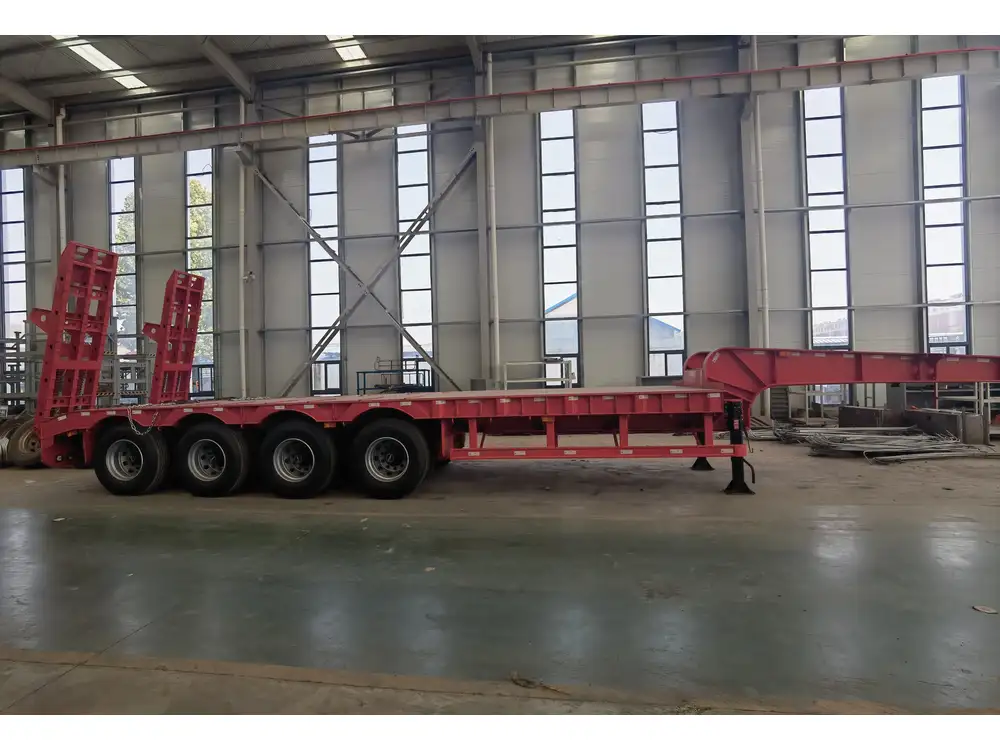
Safety Features
Modern tankers incorporate state-of-the-art safety mechanisms such as:
- Automated Monitoring Systems: Real-time tracking of cargo conditions.
- Enhanced Structural Integrity: Reinforced frames to withstand impact and pressure.
- Leak Detection Systems: Early warning mechanisms to prevent spills.
Efficiency Enhancements
Technological integrations aimed at optimizing performance include:
- Smart Routing Systems: Optimize delivery routes for fuel efficiency and time savings.
- Aerodynamic Designs: Reduce drag, enhancing fuel economy and speed.
- Automated Loading Systems: Streamline the loading and unloading processes, minimizing downtime.
Maintenance and Durability of Road Tankers
Ensuring the longevity and reliability of road tankers requires diligent maintenance and timely interventions.

Ensuring Longevity
Use high-quality materials and robust construction methods to enhance durability. Regular inspections help identify and address wear and tear before they escalate into major issues.
Routine Maintenance Guidelines
- Daily Checks: Inspect for leaks, tire pressure, and overall integrity.
- Weekly Maintenance: Perform detailed inspections of structural components and safety systems.
- Monthly Overhauls: Conduct comprehensive maintenance, including cleaning and system testing.
Repair and Upgrade Options
CarMax Trailer offers a range of repair and upgrade services to keep your tankers in optimal condition. From minor fixes to major overhauls, our expert team ensures minimal disruption to your operations.
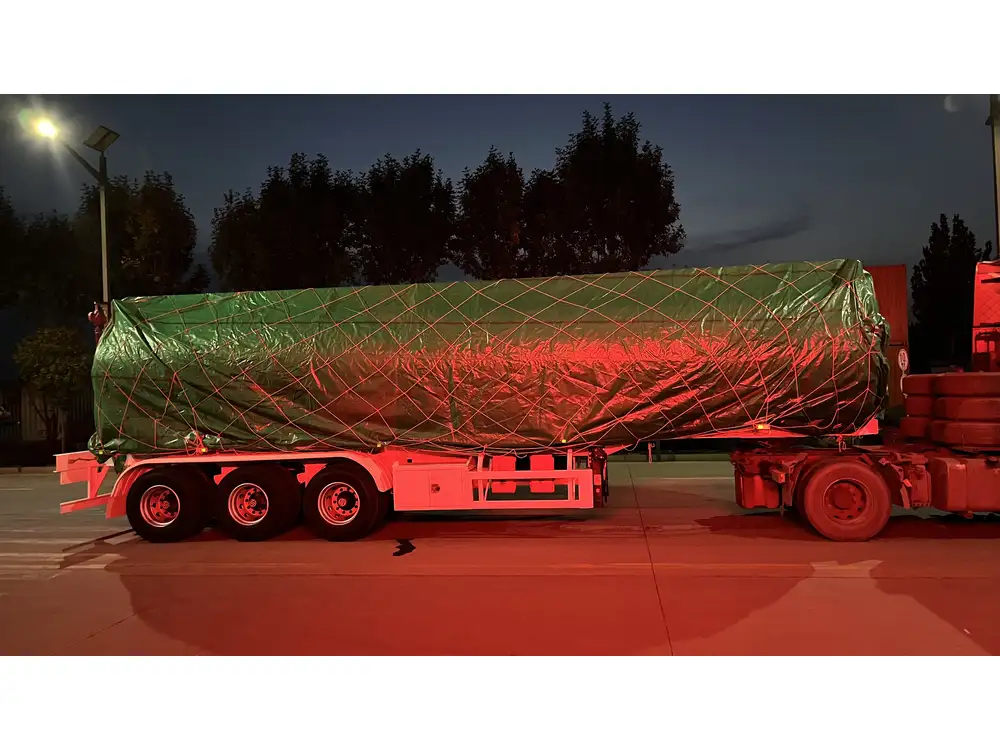
The CarMax Trailer Advantage
Choosing CarMax Trailer for your road tanker needs guarantees access to top-tier products designed with precision and innovation. Our commitment to quality, customization, and customer satisfaction sets us apart in the competitive market.
Why CarMax Trailer?
- Expertise: Decades of experience in manufacturing high-quality road tankers.
- Customization: Tailored solutions to meet specific client requirements.
- Innovation: Incorporation of the latest technological advancements in design and functionality.
- Support: Comprehensive after-sales support and maintenance services.
Conclusion
Selecting the right road tanker dimensions is a critical decision that influences the efficiency, safety, and profitability of your transportation operations. CarMax Trailer provides comprehensive solutions tailored to your specific needs, ensuring compliance with regulatory standards and optimizing your logistical capabilities. By understanding the nuances of road tanker dimensions and leveraging our expertise, you can enhance your operational performance and drive your business forward.
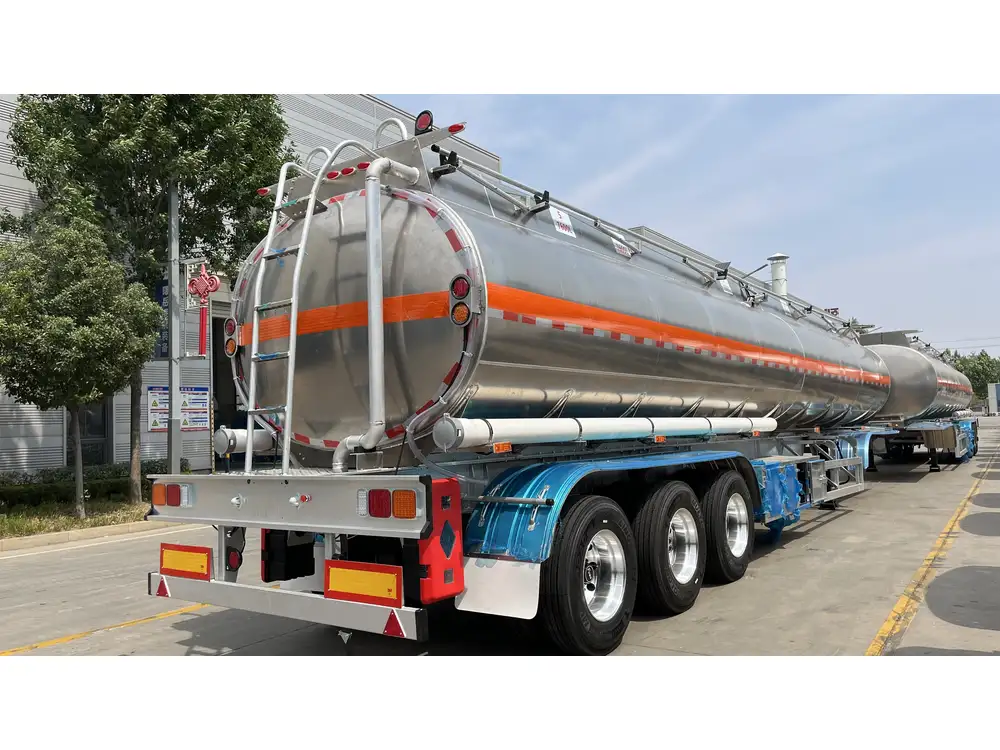
Frequently Asked Questions
1. What factors should I consider when choosing road tanker dimensions?
When selecting road tanker dimensions, consider the type of cargo, regulatory requirements, route characteristics, operational scale, and cost implications. Balancing capacity with compliance and maneuverability is essential for optimal performance.
2. How do CarMax Trailer road tankers comply with international regulations?
CarMax Trailer designs our road tankers to meet and exceed international standards set by bodies such as the ISO and EU. We ensure that our tankers adhere to dimensional, safety, and environmental regulations, facilitating seamless cross-border transportation.
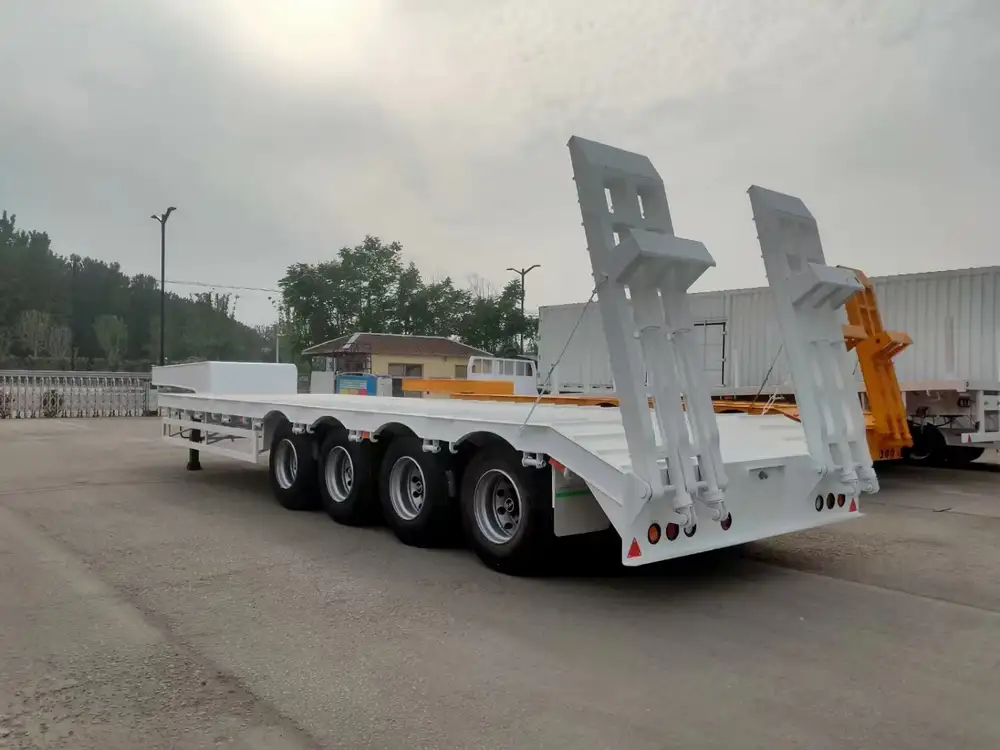
3. Can CarMax Trailer customize tankers for specific industry needs?
Absolutely. We offer extensive customization options, including adjustable dimensions, specialized materials, and integrated safety features, to cater to the unique requirements of various industries such as chemical, food-grade, and fuel transportation.
4. What maintenance practices are recommended for road tankers?
Regular maintenance practices include daily inspections for leaks and tire pressure, weekly checks of structural components and safety systems, and monthly overhauls involving comprehensive cleaning and system testing. Adhering to these practices ensures longevity and reliability.
5. What technological advancements are incorporated into CarMax Trailer road tankers?
Our road tankers feature advanced materials for enhanced durability, automated monitoring systems for real-time cargo tracking, aerodynamic designs for improved fuel efficiency, and smart routing systems to optimize delivery routes. These innovations contribute to superior performance and safety.



